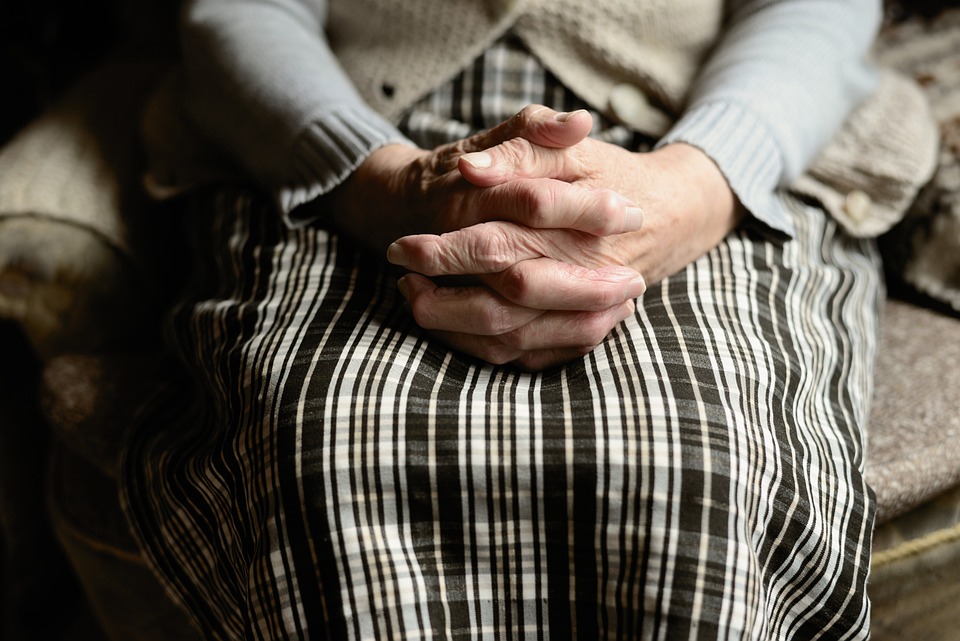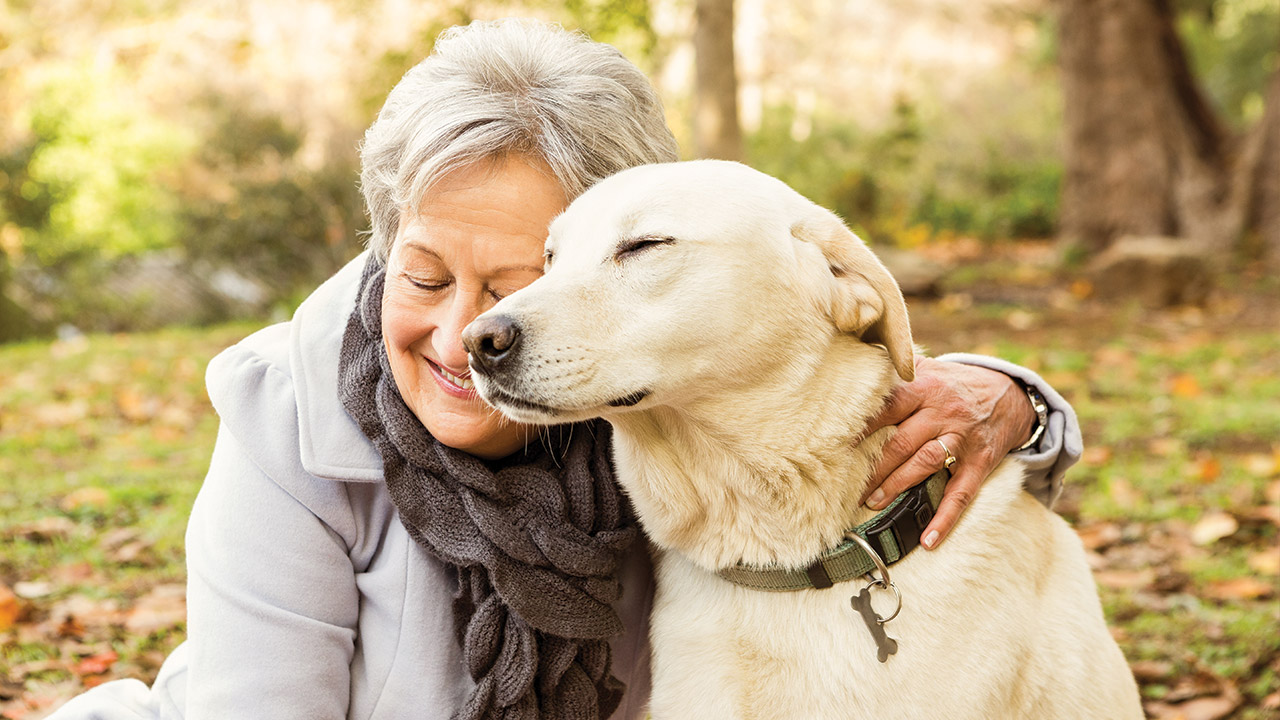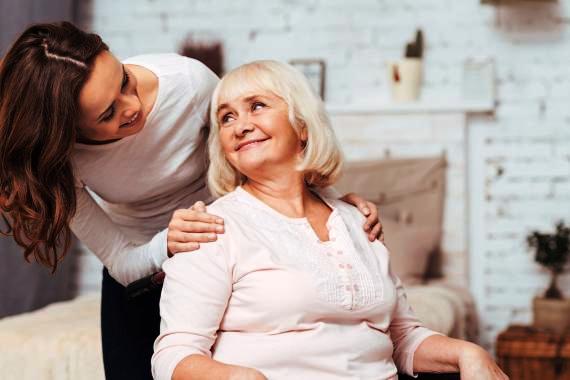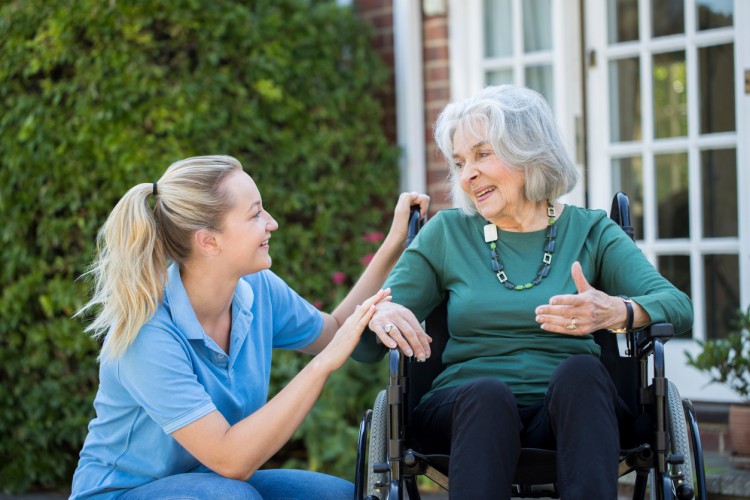Fatigue, drowsiness, malaise, general malaise: these are all symptoms of asthenia, a particular mental and physical condition that occurs primarily in people of a certain age. Let’s look at the causes of asthenia in the elderly and how to remedy it.
What is Asthenia?
Asthenia is the loss of the ability to work due to a strong feeling of fatigue, even when performing tasks that do not require much effort, making the person tired quickly.
It can be a symptom of many diseases, including chronic infections, endocrine disorders (diabetes, Addison’s disease, hypothyroidism, etc.), anemia, neuromuscular diseases, addiction, and neoplasms.
It can also appear as a symptom of psychiatric disorders and is often accompanied by depression, insomnia, palpitations, and anxiety
In addition, asthenia can occur during certain natural physiological states, such as flu recovery, pregnancy, menopause, and seasonal changes.
Precisely because it is a common and nonspecific symptom, it is difficult to diagnose with certainty, especially in those over 70 years of age, when fatigue, weakness, and lack of energy are very common.
Symptoms of Asthenia
Many older adults suffer from general malaise and cannot articulate what they are feeling, expressing themselves vaguely, which does not lead to a correct diagnosis by the physician.
So, do they suffer from asthenia?
It depends. Older adults often complain of physical and mental fatigue without physical exertion. In this case, we tend to think of physiological fatigue due to old age, but it could also be debilitating due to a more severe illness.
Daytime sleepiness is also a sign of fatigue. The elderly often suffer from insomnia and frequent nocturia, the urge to urinate in the middle of the night. Sleep deprivation alone can cause drowsiness and fatigue, which in turn affects the entire body.
Therefore, it is necessary to be alert and assess the situation for sudden sleepiness during the day and physical fatigue that is different from that caused by senile debility or strenuous exercise.
Tips To Treat Asthenia in the Elderly
There is no targeted therapy or specific means to combat fatigue in the elderly. Asthenia, as a symptom of a more complex disease, should be treated indirectly, i.e., by treating the underlying condition.
In general, however, a healthy lifestyle, including a balanced diet, adequate hydration, adequate rest, and exercise, is fundamental to the health of all of us, especially the elderly.
Balanced diet
A varied and well-balanced diet is essential to a healthy lifestyle and to maintaining good health. This is true for all ages, but the elderly, in particular, since they are at a higher risk of obesity as they move less, consume less energy, and face a decrease in basal metabolic rate and muscle mass. Therefore, it is essential to control caloric intake correctly, avoid foods high in sugar and salt, and include fruits, vegetables, legumes, and whole grains in the daily diet, which also helps to activate the bowels and prevent indigestion.
Drink Lots of Water
Older adults tend to be less thirsty and less likely to feel the need for a drink, putting them at risk for dehydration, one of the leading causes of fatigue and loss of mental clarity. Therefore, drinking 1.5 to 2 liters of water per day is vital to stay energized.
Rest Well
Lethargy and sleepiness are closely related. As we have seen, sleep disturbances are prevalent in the elderly, and it is essential to ensure good quality rest to avoid this diurnal repercussion on obvious chronic fatigue.
Continuous Physical Activity
Physical activity increases muscular efficiency for the body, heart, and lungs, oxygenates the body, uplifts the mood, and helps relieve both muscular and psychological tension.
Constant exercise, even basic, is essential to combat a sedentary lifestyle and restore physical fitness. Since older adults often have reduced mobility, daily walks and light exercises can help keep their muscles active and healthy.






